The Scarlett Johansson-OpenAI Clash is…
The Scarlett Johansson-OpenAI Clash is a Vision of the Future
Life imitates art. And so does artificial intelligence.
OpenAI recently debuted its latest edition of ChatGPT, a voice assistant called GPT-4o. The problem? One of the voices users can select, a personality called Sky, sounds eerily similar to actress Scarlett Johansson, and, specifically, her voice performance as an AI assistant in the 2013 movie Her. Too similar, says Johansson, setting off a whirlwind of debates and legal questions about voice likeness and AI technology.
Understanding the Controversy
Voice likeness has emerged as a critical ethical and legal issue in the tech world. Scarlett Johansson, known globally for her distinct voice, claims that OpenAI’s new assistant significantly infringes on her intellectual property. Given the uncanny similarity, Johansson’s concerns are far from baseless. According to The Daily Upside, her team is currently exploring legal options, spotlighting the lack of regulation in this rapidly advancing field.
<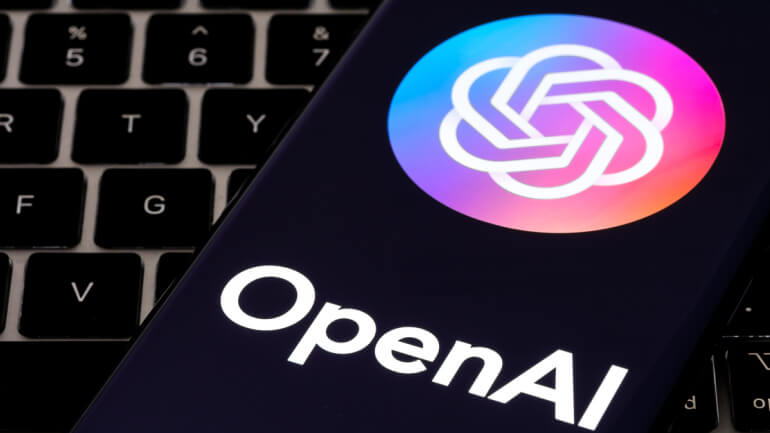 >
>
AI and Voice Synthesis: A Complex Domain
Voice synthesis technology is advancing rapidly, and these advancements bring significant legal and ethical challenges. As we saw in our previous article Apple’s Strategic Decision: iOS 18 AI Beta Preview Announced, companies are integrating AI into everyday technology, but this integration must be balanced with consumer rights and ethical considerations.
AI developers often use large datasets to train models, which sometimes inadvertently mimic real-world voices. This raises critical questions on how to protect individuals’ rights while still advancing innovative technologies. Research from the Mitigating AI Hallucinations in Community College Classrooms article stresses the importance of creating reliable and trustworthy AI systems.
Legal and Ethical Implications
Intellectual property law is struggling to keep pace with the rapid development of AI. Voice actors typically have copyrights over their voice recordings, but this protection does not always extend to synthesized imitations. Johansson’s case could be a landmark for setting legal precedents in voice synthesis and AI.
Moreover, the ethical considerations are equally complex. Should AI companies be allowed to use voices that closely resemble those of famous personalities without explicit permission? Cases like these will inevitably push for more stringent guidelines and ethical standards within the industry.
<
>
Future Directions and Recommendations
We need a multi-faceted approach to navigate these challenges. Below are some recommendations:
- Legal Frameworks: Governments and international bodies must develop robust regulations that clearly define the scope of intellectual property rights in AI applications.
- Transparency: AI developers should disclose the datasets used to train their models and obtain consent for any data that closely resembles or replicates real-world voices.
- Ethical Standards: Industry stakeholders should collaborate to establish ethical guidelines, ensuring responsible AI development.
<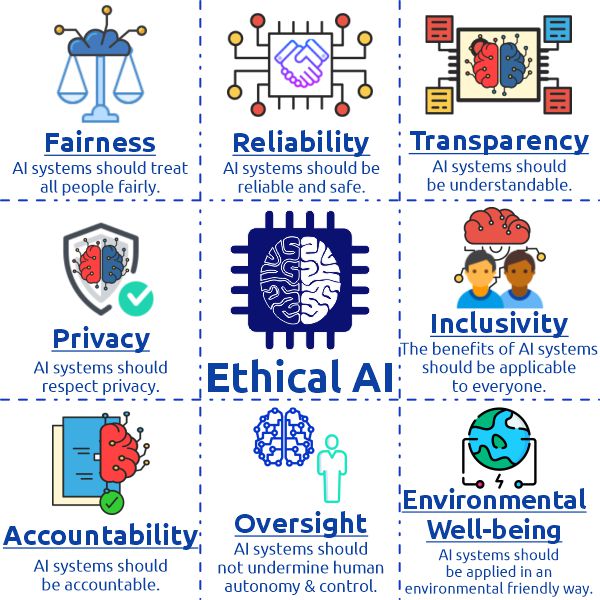 >
>
Conclusion
The clash between Scarlett Johansson and OpenAI is more than just a celebrity’s grievance; it symbolizes broader issues we must tackle as AI becomes an integral part of our daily lives. As someone deeply invested in Artificial Intelligence and its impact, I see this case as a pivotal moment for refining our legal and ethical frameworks around AI. Balancing innovation and rights is crucial for a sustainable AI future.
The ongoing conversation about AI ethics, including intriguing topics from AlgoTech Algorithmic Trading Platform Gains Traction Amid Notcoin Price Recovery and other articles, will undoubtedly shape the evolution of this technology.
Focus Keyphrase: Scarlett Johansson OpenAI Clash
“`
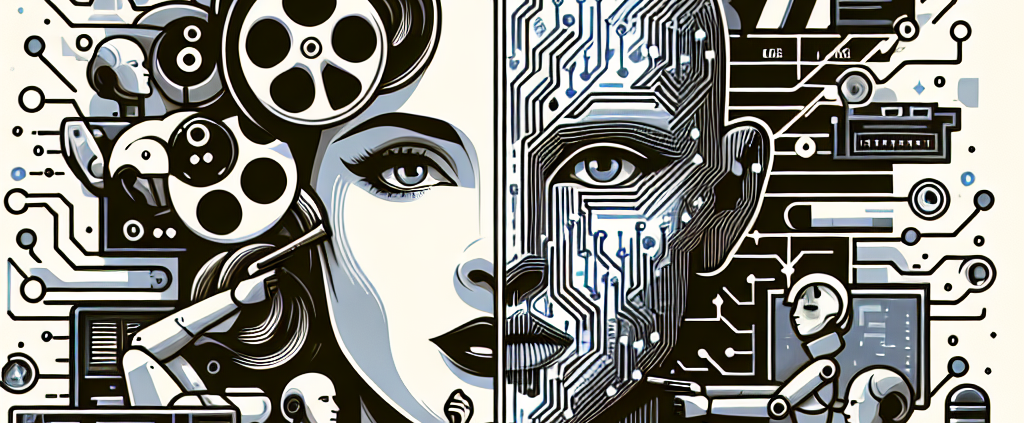
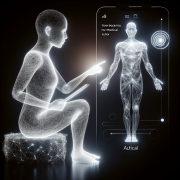

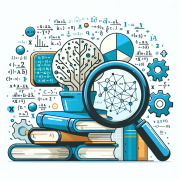


Just posted! What are your thoughts?
Thank you. Nice article!